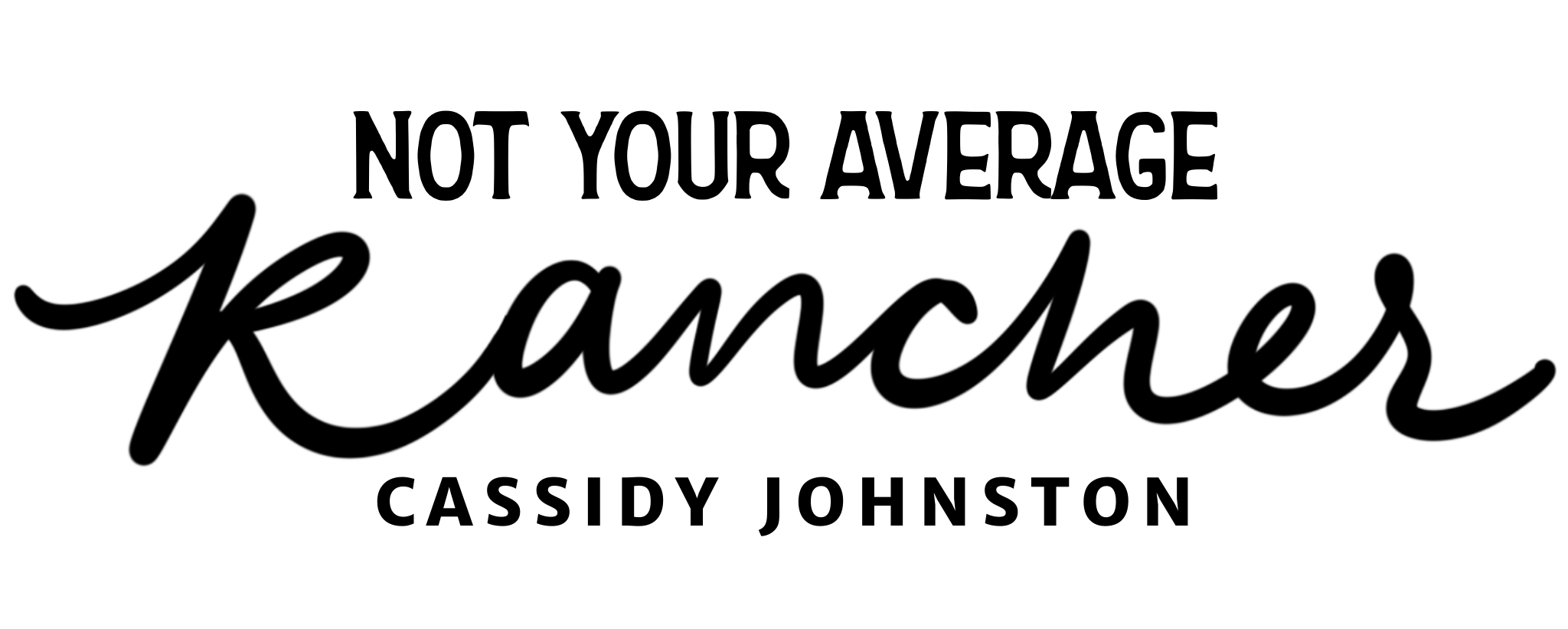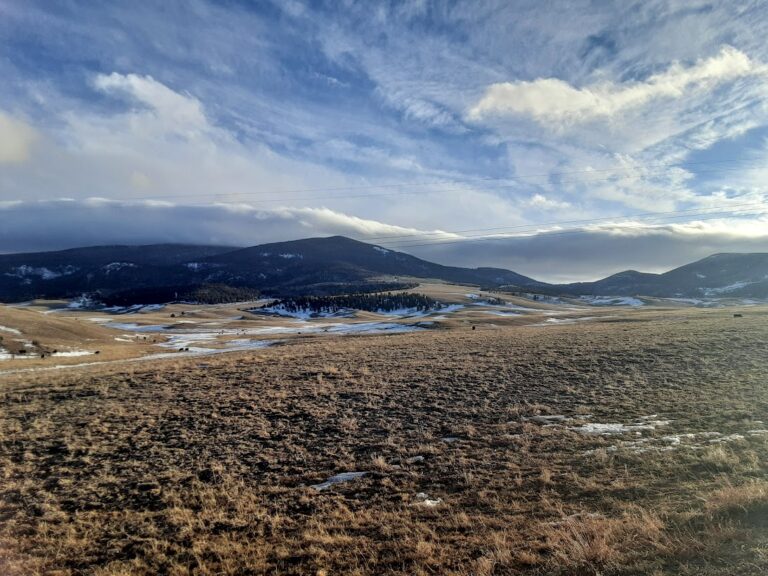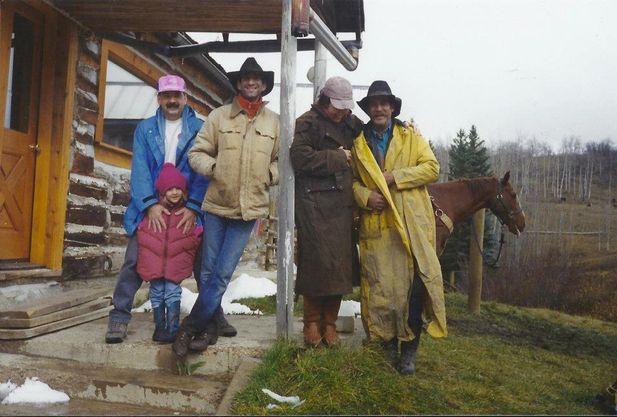Are You Preaching, or Getting People to Ride For Your Brand?
In agriculture, we get told all the time to “tell our story.” But…not everyone should actually be telling the story or agriculture.
Hear me out.
2% of the United States is involved in agriculture. That means, of course, the majority of the country is not involved in agriculture.
Sidebar: this is actually a good thing! It means we’re past the agrarian stage of civilization and more people are available to do cool stuff like make art, find cures, build stuff, you know. Woo hoo!
This divide, though, means many people don’t actually know where their food comes from, and the internet makes it easy to disseminate (mis)information and, well, it’s confusing. So, we’re told to “Tell our story!” but the thing is, how we tell that story is just as important as the story we are telling.
If an advocate is not prepared to meet people where they are with grace and compassion, or can’t refrain from name-calling or belittling, or calls someone’s diet or intelligence into question, or can’t leave politics out of it, I don’t care how qualified he or she is on paper to tell the story of what they do–they are not advocating, they are making the divide larger and the situation worse.
I have seen farmers and ranchers insult people for asking questions, or because they were misinformed but just don’t know what they don’t know. I’ve seen prominent people in the industry call into question the intelligence of people who live in town because they don’t know the difference between a bull and a heifer.
But…twelve years ago, I didn’t know the difference either. It’s not stupidity, it’s simply not knowing what you don’t know. If I had been met with that same derision and disdain that I so often see directed towards those outside of agriculture, I don’t know that I would have continued in this industry. Thankfully, I mostly encountered people who were willing to help me learn and know what I didn’t know and find me feet and where I fit in this industry. The learning curve was steep, but it was made less so by people willing to meet me where I was.
A good advocate concentrates on forming relationships and serving others, not focusing on “educating” or be thanked for what we do. We should be a trusted resource and lead people to information or impart it in such a way that we are not preaching from on high, but rather inviting people in.
this is where riding for the brand comes in.
“In the old west, when a cowboy rode for the brand, it meant that he had signed on to the mission, goals and aims of the ranch owner. It meant that he was committed and that he was a dedicated team player. It meant, in the words of Red Stegall, that he gave his promise to protect the brand as though it were his own.” (Source of these words here.)
How does that apply here? While we’re not talking literal brands–the ranch brand that we use to brand our cattle–we can consider “beef” or “agriculture” to be our brand. We want people to “ride” with us and for us because this means we’ve done our job: we’ve formed a relationship, we’ve built trust, and now we’re on the same team.
This is practical as much as it is just pretty nice: people on your “team” will function like passive income. They will share what they’ve learned and about you and your “brand” without you there. This kind of passive advocacy not only expands your reach as an individual advocate (or company/organization) but also continues that deep relationship- and trust-building that is more effective than preaching, and is really what the world needs.
Who is riding for your brand? Who is your audience? Are you preaching to the choir or really reaching outside your bubble and bringing people in? Are you building trust through meaningful (and sometimes difficult) dialogue, or are you shouting into the ether?
In my experience, the work that it takes to help someone learn more about where food comes from and forming that deep, meaningful relationship is always worth it.







